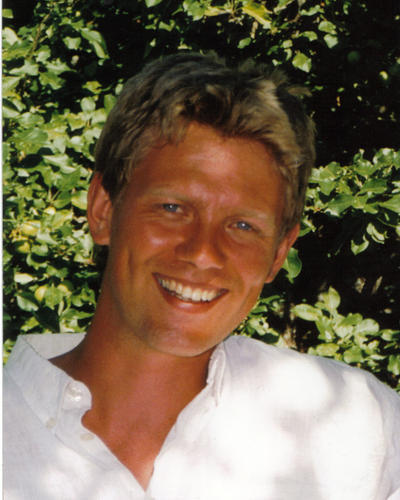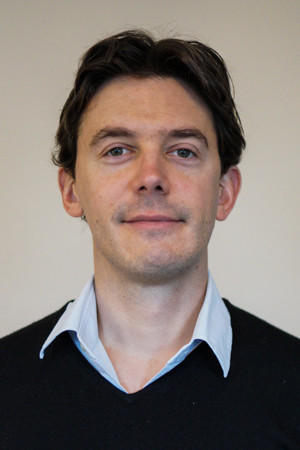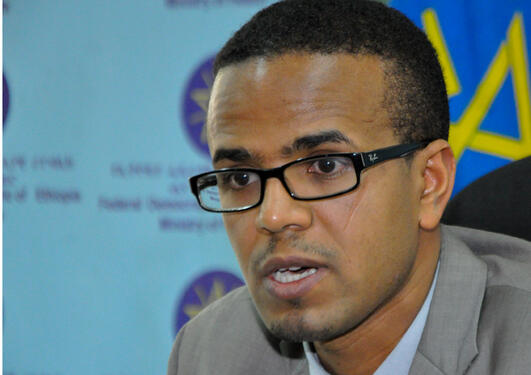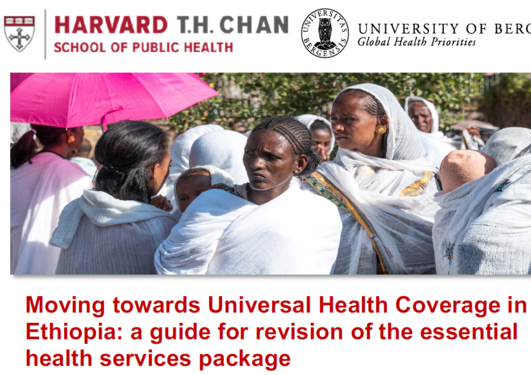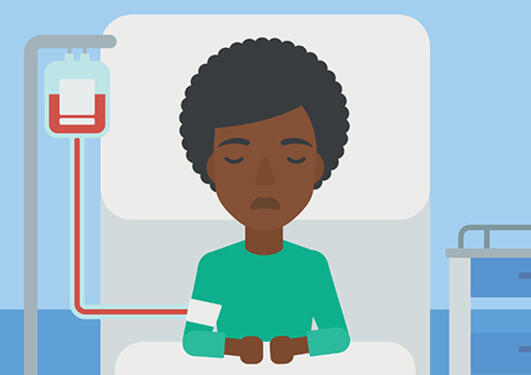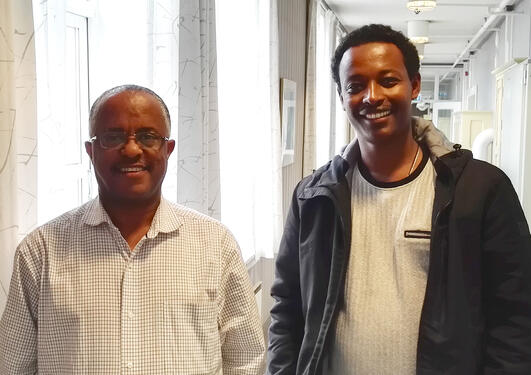Gates Funds Ethiopian Health Priorities Project
University of Bergen Professor, Ole Frithjof Norheim will co-lead the project together with Assistant Professor Stéphane Verguet from the Harvard T.H. Chan School of Public Health.
Main content
Providing efficient, effective and equitable health care
The prestigious Bill & Melinda Gates Foundation (BMGF) project will involve capacity-building at Ethiopia’s Federal Ministry of Health (FMOH). Entitled Disease Control Priorities-Ethiopia (DCP-E), the project will train Ethiopian researchers and policymakers in health economics, decision sciences and priority setting. The training will enable them to generate an evidence base for designing, developing and implementing essential health services for FMOH, and may be used, in particular, to help revise Ethiopia’s current essential health services package.
Why is capacity-building necessary?
Ole Frithjof Norheim explains that despite the significant gains Ethiopia has experienced in the last few years, both economically and in terms of health, some national policies are not keep pace with the growth and changes. He cites the country’s essential health services package as an example. Last revised in 2005, this package no longer meets the key national policy goals outlined in the Health Sector Transformation Plan. Read more about the Ethiopia Ministry of Health’s Policies and Strategies.
The DCP-E project will help Ethiopian researchers and policymakers develop competency in health economics, decision sciences, and priority setting so that they will be able to examine the evidence providing the basis for updating the FMOH policies.
Working to reduce inequity
The Bill & Melinda Gates Foundation (BMGF) awarded their first grant to a project in Ethiopia in 2000. In 2012 the Foundation opened an office in the capital city of Addis Ababa. Learn more.
A physician and professor in medical ethics, Norheim’s wide-ranging research interests include the ethics of priority setting in health systems and how to achieve Universal Health Coverage. He is a member of the interdisciplinary research group, Global Health Priorities at the Department of Global Health and Primary Care (IGS), at the University of Bergen (UiB). The group consists of a team of cross-disciplinary researchers and professionals dedicated to studying the ethics and economics of priority setting in global health.
Setting priorities to control diseases around the world
The Disease Control Priorities Network (DCPN) was first funded by BMGF in 2009. The programme is now in its 3rd edition. Its aim is to “summarize and synthesize evidence of the effectiveness of global health interventions and provide comparative economic evaluation of policies to implement those interventions”. This new project will be part of the DCPN Ethiopia initiative.
In addition to being an Adjunct Professor at IGS, Stéphane Verguet is Assistant Professor at the Harvard T.H. Chan School of Public Health (HSPH). Co-leader of the Disease Control Priorities-Ethiopia (DCP-E) project, Verguet is a senior health economist and his multidisciplinary research focuses on health decision science and priority setting, particularly the development of mathematical and computational decision-making models to better design health policies.
Funding furthers effective collaboration
The three organisations IGS, HSPH and FMOH have been working together since 2015 to strengthen the health economics and priority-setting capacity of researchers and decision-makers in Ethiopia and thereby contribute to better and fairer priority setting in the Ethiopian health services. The BMGF funding will make it possible to train more individuals in these skills. The project will train some as Master students, some as PhD students, while others will receive in-service, profession development, and short-course training. The data generated by the student research will provide the basis for evidence-based decision-making and priority setting.
New “Gates” students begin study
Autumn 2017, 5 students from Ethiopia will begin to take courses in Bergen; 2 PhD and 3 Master. Learn more about the new PhDs here.






